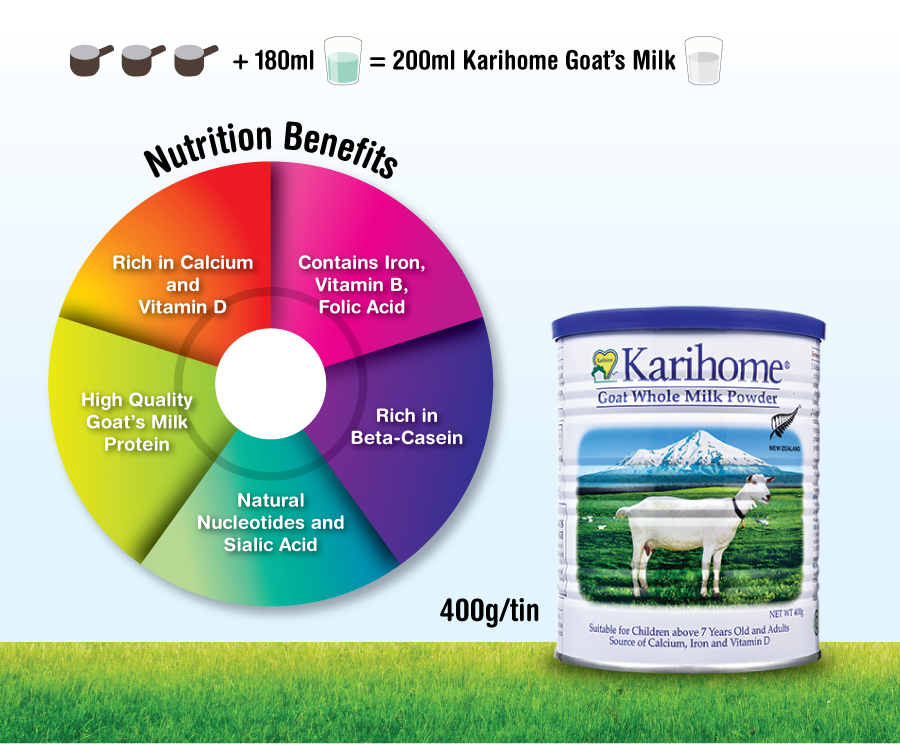.jpg)
Bones play many roles in the body
Bone provides structure, protects organs, and anchors muscles. Most people would think that maintaining and building strong bones are only important for children and adolescence but bone health is just as important for adults as they are for younger kids.
Like other parts of the human body, our bone cells are continuously changing — old bones are broken down and new bones are being made on a daily basis. When we are young, our bones make new bone cells faster than old bone cells dying, thus maintaining the integrity and strength of our bones. However, at an older age, the dynamic is reserved and we will lose more bone cells than we make. Most people reach their peak bone mass around age 30 hence as adults, we should also be mindful of the importance of healthy bones.
The Consequences of Weak Bones
.jpg)
Loss of bone strength can lead to osteoporosis. Osteoporosis a condition where a person gradually loses bone material so that his or her bones become gradually more fragile. As a result, they are more likely to break. Depending on the severity of the bone structure, it may result in reduced quality of life, disability, and sometimes death. In addition, the financial costs of osteoporosis and its associated fractures are massive.
Osteoporosis is often called a silent disease because many people do not realize they have it until they fracture (break) a bone.
Why is Calcium Important for Bone Health?
.jpg)
Bone is made of fibers of a material called collagen filled in with minerals- mainly calcium salts – rather like reinforced concrete. The bones of the skeleton have a thick outer shell or ‘cortex’, inside which there is a meshwork of ‘trabecular’ bone
However, if there are symptoms for Osteoporosis, they could include the following:
1. Weak Grip Strength
In a study [1] of postmenopausal women and overall bone mineral density, researchers found that low handgrip strength was linked to low bone mineral density. In addition, lower grip strength can increase your risk for falls.
2. Back Pain
Persistent lower or upper back pain in the bones and/or muscles. Back pain can be a sign that your bones have started to collapse. This pain usually lasts for weeks at a time and can be gotten used to overtime. Many people don’t seek help until the pain is so bad it keeps them from enjoying life.
3. Brittle fingernails
.jpg)
Brittle nails may seem like a minor problem, but they may be your body crying for help. Nails that don’t seem to grow, break off all the time, and are constantly jagged are a sign that you may need medical help.
4. Receding gums
.jpg)
Receding gums are a condition in which your gums pull back from the tooth surface, exposing the root surfaces of your teeth. Receding gums can be a warning sign for lots of conditions, but combined with the symptoms above, this can be an early sign for osteoporosis. Loss of density within the jaw causes the gums to fall down, leaving more of the tooth exposed. This can be painful and can make it difficult to eat.
Preventing Osteoporosis
Calcium
Calcium is an essential mineral for building healthy, strong bones. About 99% of it is stored in our bones, with lower levels being transported through our bloodstream to help the heart, blood vessels, nerves, and muscles function properly. If your diet does not include enough calcium, the stores in the bones are slowly depleted over time creating low bone density, which may put you at risk of developing Osteoporosis. Some calcium-rich foods include canned sardines and salmon, tofu, and soybeans.
Vitamin D
Vitamin D is essential for the proper absorption of Calcium into our body. Vitamin D is a fat-soluble vitamin that promotes calcium absorption in the gut. Without sufficient Vitamin D, bones will become brittle and weak and can increase the chances of Osteoporosis. Vitamin D is largely absorbed from exposure to sunlight and via supplementation and from foods such as fatty fish, liver, and eggs.
Milk
.jpg)
Milk is an extremely nutritious food that contains various vitamins and minerals among which are calcium, phosphorus, and vitamin D which are crucial nutrients for maintaining strong and healthy bones. Among all milk, one stands superior among the rest which is goat milk.
Goat milk in particular contains much higher natural calcium and vitamin D than other milk. Natural calcium is easier to be absorbed and utilized by our body. Calcium is essential for the development and maintenance of bones and teeth, helps support normal muscle function and normal blood clotting, and helps the body to produce energy.
Karihome Goat Milk

Karihome whole goat adult formula is the only adult formula milk in Malaysia that utilizes whole milk in the formula process. There are several benefits of using whole goat milk instead of skimmed milk. For one, by using unadulterated goat milk Karihome is able to preserve the natural goodness of goat milk in the formula. Pure goat milk is rich in conjugated linoleic acid and prebiotics which is very good for providing energy and promoting good gut health. Additionally, the richness of pure goat milk also prevents hunger and helps you stay full longer thanks to its high protein content.
Karihome is the only goat milk adult formula that is fully imported from New Zealand. Thanks to the strict regulations mandated by New Zealand Food Standards, the manufacturing process of Karihome adult formula is done in mild heat to further enhance and preserve the freshness of the milk.